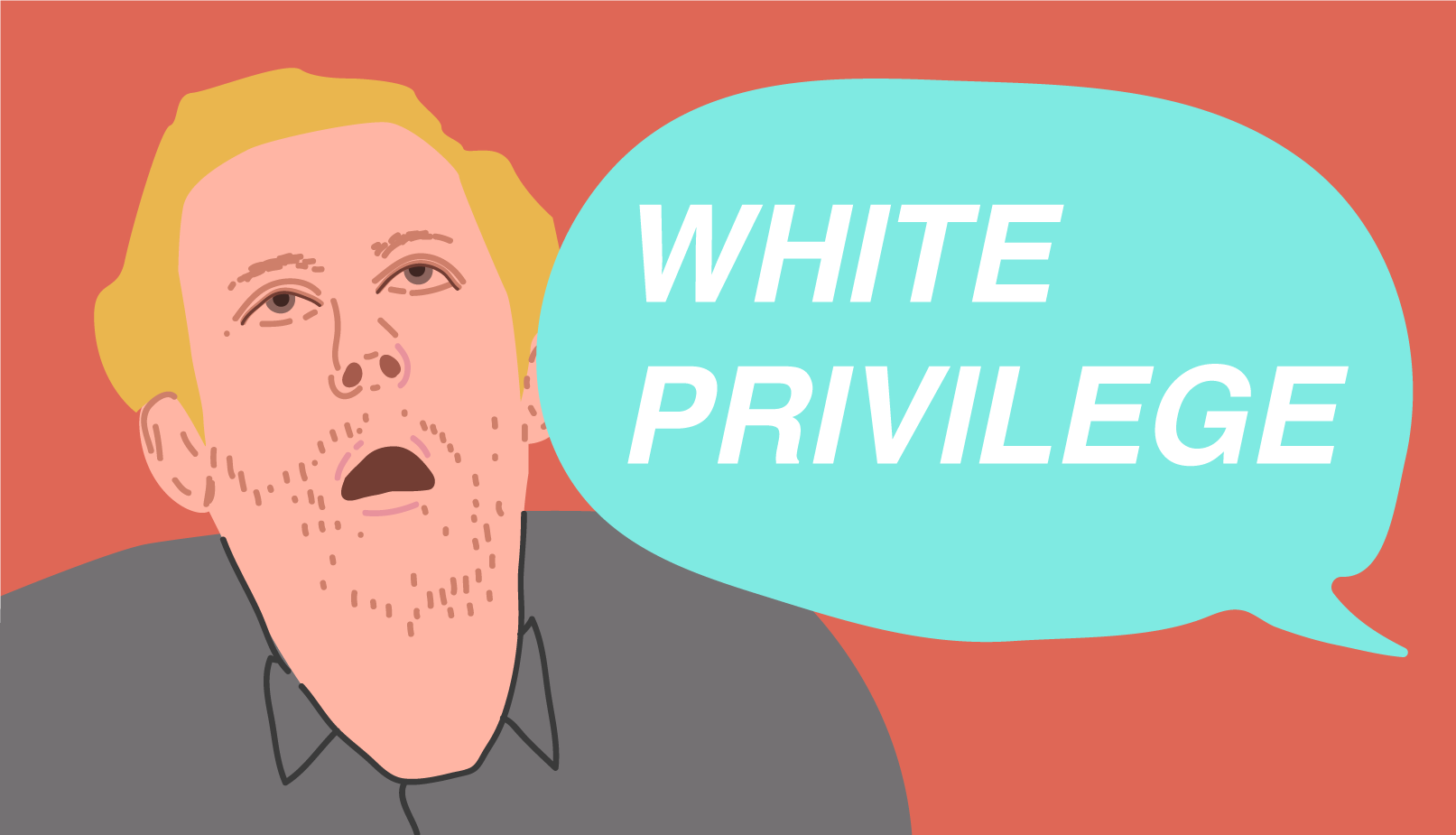Dear Laurence Fox,
I’m writing to you today in response to a claim you made on BBC’s Question Time, during an exchange with an audience member about whether or not the media’s representation of Meghan Markle was racist. While talking to this member of the audience, you told them, “to call me a white privileged male is to be racist.”
The first thing I’d like you to note is that when the audience member said you were privileged, they did not mean it in terms of financially privileged or class-based privileged. What they meant is that you, as a white man, do not have the disadvantages or hindrances that minorities have in our societies and institutions.
Another thing to note is that being called a “white privileged male” isn’t racist, because it is not used in a derogatory way; they were simply stating a fact. You are a man and you are white, and because you are white, you are automatically privileged.
Now, you might argue that poor or uneducated white people wouldn’t consider themselves privileged, but technically, they are. As previously mentioned, a white person does not have to suffer through the racial inequalities in our system and institution. A poor white person is rarely seen as “dangerous, lazy, unambitious” in comparison to a poor person of color.
Now, if you still think that remark was a form of racism towards you, the term I think you’re looking for is reverse racism, which is essentially racism against white people. I’m sorry to inform you that reverse racism is not an actual thing, you can’t even find it in a legitimate dictionary, and here’s why: it’s a myth!
Many scholars, such as Amy Ansell, Professor and Dean of Liberal Arts at Emerson College, have argued that while the term has gained more and more popularity since it was created in the 1970s, it is not technically possible. The reason for that is because, as Ansell mentioned in her book Race and Ethnicity: The Key Concepts, when a group of people have little to no power over you institutionally and systematically, they cannot define your existence and they cannot limit your opportunities.
Yes, there are many stereotypes directed towards white people that can be insulting or derogatory, but think about it this way, do they cause any problems or have any concrete impact in your life? They may hurt your feelings, but do they lower your chances at getting a job or a promotion? No, they don’t.
As a privileged white male, maybe instead of trying to pull the “reverse racism” card, you should be thinking of how you can use this advantage, this privilege, to help those who are actually facing this racism and discrimination.
You were born with opportunities and options that many others are born without, and that doesn’t make you a bad person in any way, shape or form; it’s the way you use them that will decide that. So please, take this letter and the comment made by an audience member, and use your advantages for something constructive, something that will give back to the community.
Maybe next time you think of accusing someone of being racist towards you, you’ll take a second and remember that given your privilege, that isn’t possible.
Sincerely,
Victoria Blair
Graphic @sundaeghost
